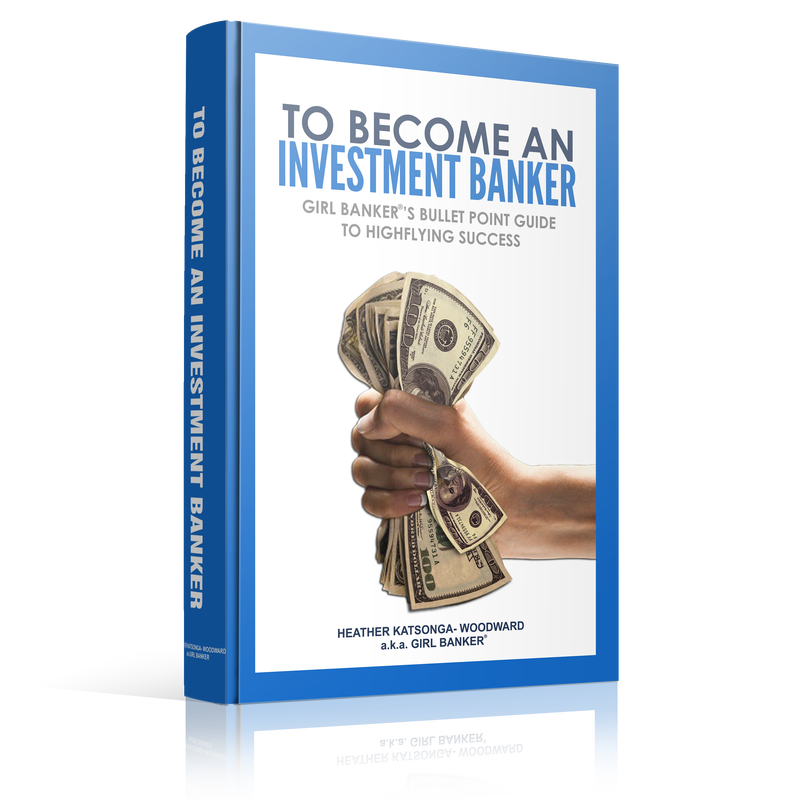 Have a technical interview lined up in Asset Management? Then make sure you can answer each of the below questions competently. Your job depends on it! 1. What is value investing and how is it different to growth investing? 2. What's the formula for free cash flow? 3. What is the difference between net income and free cash flow? 4. Describe 3 important ratios used in value investing including their formula. 5. What traits might an undervalued stock exhibit? 6. What sort of information would you expect to see on a balance sheet? 7. Explain one important way in which a balance sheet is different from both an income statement and a cash flow statement. 8. What is WACC? 9. What is the capital asset pricing model? 10. What is leverage? 11. Do you know any leverage ratios? Which ones? 12. Please describe one or more studies that validate the virtues of value investing? 13. Tell me about a stock that might be undervalued in the S&P500 and why. 14. Tell me about one key proponent of value investing. Book a mock interview to ace that interview! Best of luck!!
0 Comments
 Have a technical interview lined up with Debt Capital Markets (DCM)? Then make sure you can answer each of the below questions competently. Your job depends on it! 1. Describe four key differences between debt and equity. 2. What is leverage? 3. Why might a bond sell at a discount to par? 4. What’s the difference between the clean price and the dirty price of a bond? 5. What is credit risk? 6. What’s a callable bond? 7. What is a yield curve? 8. Can you explain the shape of the yield curve? 9. What is an FX forward? 10. What are options? 11. You’re running a US company but have issued a GBP bond:
Book a mock interview to ace that interview! Best of luck!!  Have a technical interview lined up in corporate finance (a.k.a. IBD)? Then make sure you can answer each of the below questions competently. Your job depends on it! 1. What is the difference between a buy-side advisor and a sell-side advisor? Which would you prefer? 2. Do you know any valuation metrics? Describe them. 3. What do you think about the current state of the US economy? 4. Explain one important way in which a balance sheet is different from both an income statement and a cash flow statement. 5. What is leverage? 6. Do you know any leverage ratios? Which ones? 7. What is WACC? 8. What is the capital asset pricing model? 9. Describe five synergies that would result from a merger between Vodafone and Sky TV. 10. Tell me about 3 businesses that are probably flourishing in the current economic environment and explain why you think they would be flourishing. 11. Tell me about a stock you like and why. 12. What type of information goes into a pitch book? Book a mock interview to ace that interview! Best of luck!!  by Girl Banker Knowing details about the investment bank and then appropriately dropping that knowledge into an interview shows that you are very interested in the role, that you have done your homework and it will boost your chances of getting hired. Before you head out, make sure you know the following: 1) Size of the bank by market cap. If you’re looking at a boutique investment bank this is not so relevant. Other metrics, such as the bank’s sector focus or client-focus, may be more meaningful to you. 2) Number of countries the bank is located in. 3) Number of employees. 4) The location of the head office of the bank. 5) The CEO of the bank and other important or well known employees. 6) The bank’s mission statement and guiding principles. 7) Read the careers section very thoroughly for any hints and tips; you may be surprised by how much info they give away. 8) In the careers section, do they have people profiles? What do employees say about the bank and why they like working there. If the pros they mention appeal to you, try to mention them in your interview. 9) Interesting bank policies e.g. their environmental policy? 10) The bank’s pet projects, e.g. are they supporting a big environmental restoration project or something to support a specific group of dispossessed people? 11) Recent news involving the bank: deals they are working on, regulatory rulings affecting them, earnings announcements. I really charmed the pants off my interviewers at my first Goldman interviews because I had memorized their 14 business principles and I knew everything that Goldman was doing for the environment and so forth. I came up with this strategy because, as I perused the firm’s website, I noticed how frequently they referred to their business principles. Some of my responses went like the following: “According to business principle number 7 which states that ... and I follow exactly the same mantra as exemplified by the time that I did...” – yep, it’s official, I’m a suck up and proud of it. A little flattery won’t hurt you but don’t overdo it.  by Girl Banker Listen to the iTunes podcast instead. These are the eight things that will get you a job in investment banking. I believe having seven out of these eight helped me get into Goldman Sachs as a newbie analyst. 1. Gain knowledge Read the news! At first you might feel like it’s a waste of time especially if you’re not interviewing yet but as time passes you’ll realize that some knowledge just sticks. Without a shadow of doubt, if you spend 20-30 minutes per day on financial press, your overall knowledge and feel for the industry will start to become well-rounded. 2. Come top of the Class or Course If you came top in any class or course - highlight it, it means you’re smart; smart = hard working (normally). In my second year in university, I came 5th in the Econometrics paper – you best believe that I brought that up interviews. Econometrics is hard and to come 5th out of about 150 people in a University of Cambridge class is the sort stuff interviewers are going to remember afterwards. 3. Be an Achiever - prizes, awards and scholarships Even if you’re not top of a class, any major prizes, awards and scholarships must be revealed when the opportunity arises. This sort of stuff shows that you are an achiever, bankers love to work with and be associated with high performers. 4. Be a Team Captain If you are captain of any sporting teams - don't forget to bring it up; out of any other credentials you might have, this shows you are popular and hence personable the most. Especially at the secondary school level, to be awarded the role of captain you need to be liked by the teacher and the people you will be in charge of.  5. High/school or College Start-up If you have ever started a business, especially if it did well - mention it; starting a business or anything else shows that you have initiative and superior time-management skills. 6. Be the Linguist If you can speak several useful languages mention it; it’s impressive and it means you can be presented to a wide variety of clients. One time a VP of mine went to talk to someone and when he came back it wasn't the project we were working on at the forefront of his mind, he said, “Tiana is amazing, I was at her desk for 30 minutes and in that time four different people came to her desk with problems and she spoke to all of them in different languages”. She was fluent in Spanish, French, Portuguese and English. 7. Network and Get Contacts Look for events related to investment banking. If there aren’t any or enough at your own university make friends with people at nearby universities that can invite you to their banking events. 8. Get some work experience I have left this until last because many people applying to banking for the first time frequently do not have any work experience; sometimes they feel as though their work experience isn’t relevant. Mention whatever experience you have anyway even if it's a newspaper-round, there are likely some transferable skills e.g. a newspaper-round requires you to get up earlier and be more organised than your friends. The most crucial work experience is an internship the year before you graduate. Why then? Because if you impress the bank they will offer you a job that starts the moment you graduate. This means you can go back to your last year of university with peace of mind. You’ll be secure in the knowledge that there’s a job waiting for you at the end and you can just focus on your studies. Hope this helps! Peace and chicken grease, Heather |
Girl Banker®I created my investment banking blog in 2012 as soon as I resigned from i-banking & published my book, To Become An Investment Banker.
Initially published at girlbanker.com, all posts were later subsumed into my personal website under katsonga.com/GirlBanker. With 7 years of front office i-banking experience from Goldman Sachs and HSBC, in both classic IBD (corporate finance) and Derivatives (DCM / FICC), the aim of GirlBanker.com was to make it as straight-forward as possible to get into a top tier investment bank. I'm also a CFA survivor having passed all three levels on the first attempt within 18 months - the shortest time possible. Categories
All
Archives
August 2017
|
Heather Katsonga-Woodward, a massive personal finance fanatic.
** All views expressed are my own and not those of any employer, past or present. ** Please get professional advice before re-arranging your personal finances.





 RSS Feed
RSS Feed





